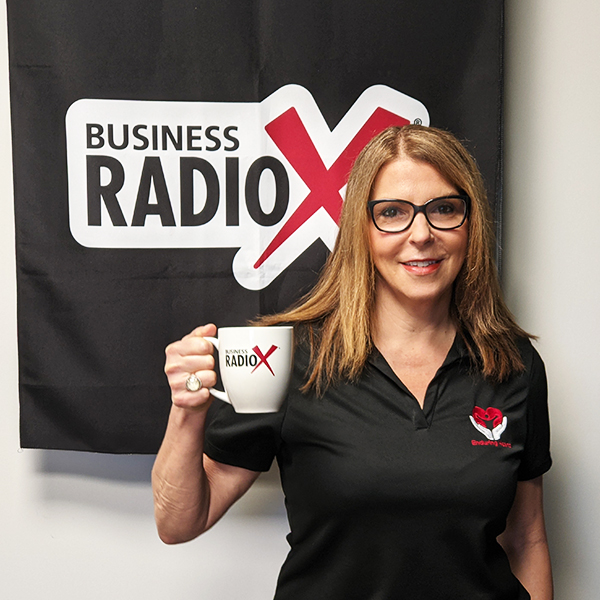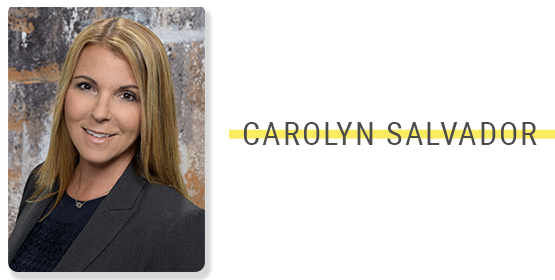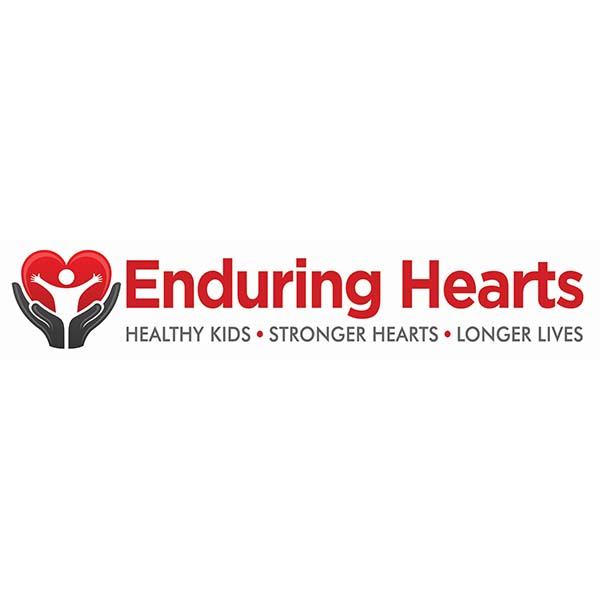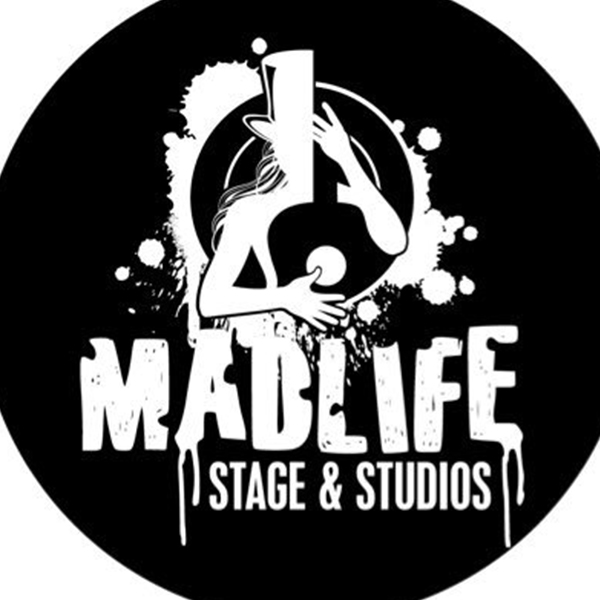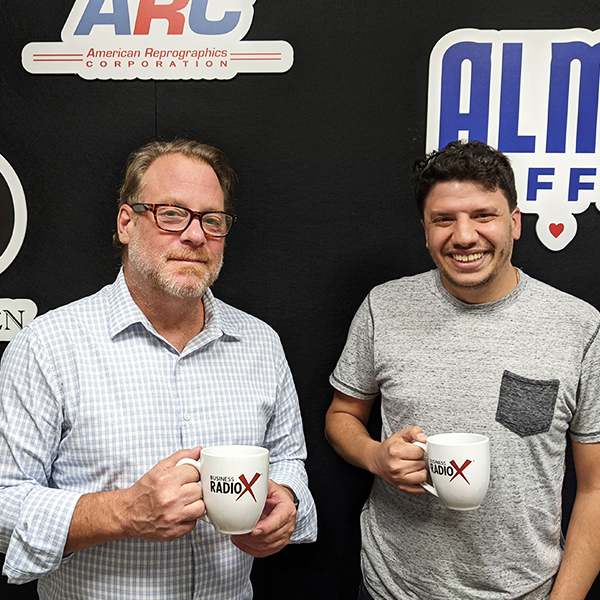
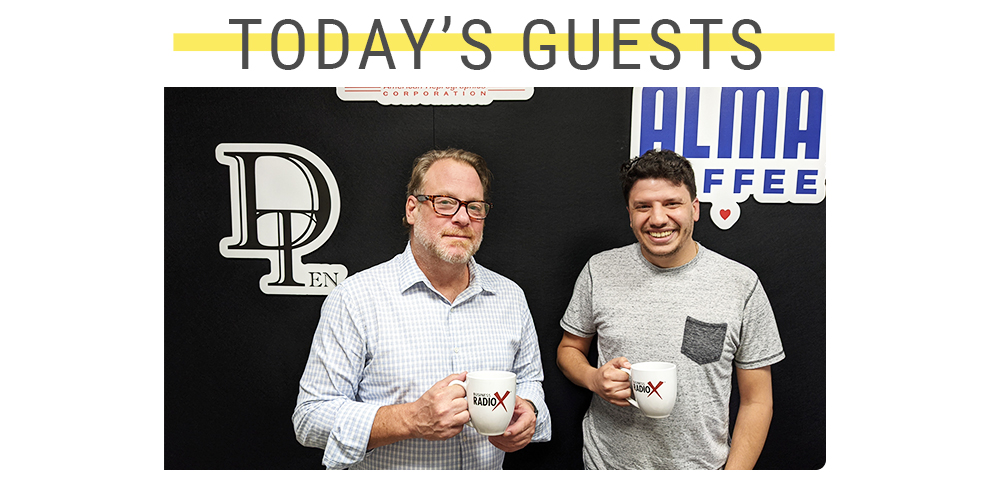
Jeremy Gustafson, Founder / CEO of Viking Strategy & Coaching
 Connect with Jeremy on LinkedIn and Facebook
Connect with Jeremy on LinkedIn and Facebook
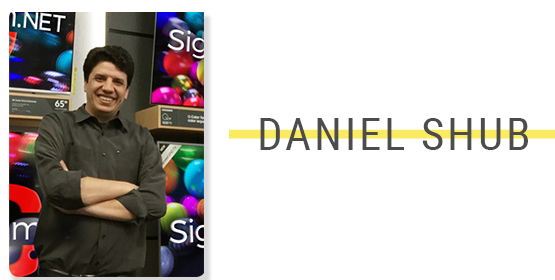 Daniel Shub, CEO of SignStream.net
Daniel Shub, CEO of SignStream.net
As an entrepreneur with marketing agency and startup experience, Daniel is passionate about telling the stories and fine tuning the messages of businesses who need to reach their audiences where they are, not just in their inbox. Instead of emails or memos, Daniel works with businesses to create an online and in store presence that tells your stories and messages to your audiences. Whether it’s internal or external communication, he focuses on bringing information and technology together to help businesses, their customers, and their employees stay connected. After years of industry experience and insider knowledge Daniel co-founded SignStream.net, where he focuses on creating digital marketing campaigns for companies and brands. From the ideation of creative assets all the way through to the production, delivery, and reporting of every campaign, he strives to make your marketing efforts and business personal.
 Follow SignStream.net on LinkedIn
Follow SignStream.net on LinkedIn
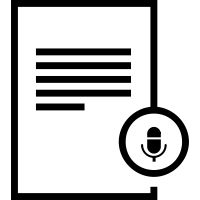 This transcript is machine transcribed by Sonix
This transcript is machine transcribed by Sonix
TRANSCRIPT
Speaker1: [00:00:07] Broadcasting live from the business radio studios in Woodstock, Georgia, it’s time for Cherokee Business Radio. Now here’s your host.
Speaker2: [00:00:23] Welcome to Cherokee Business Radio Stone Payton here with you this morning, and today’s episode is brought to you in part by Alma Coffee, sustainably grown, veteran owned and direct trade, which means, of course, from seed to cub, there are no middlemen. Please go check them out at my Alma Coffee Dotcom and go visit their street cafe at thirty four forty eight Holly Springs Parkway in Canton. Ask for Letitia or Harry and tell them that Stone sent to you guys are in for a real treat this morning. Please join me in welcoming to the broadcast. First up on Cherokee Business Radio this morning, founder and CEO with Viking Strategy and coaching, Mr. Jeremy Gustafson. Good morning, sir.
Speaker3: [00:01:11] Good morning, Stone. So happy to be here.
Speaker2: [00:01:13] Well, we’re delighted to have you in the studio, man. Before we get too deep, a little bit of a primer overview mission purpose. What are you and your team after trying to do for folks?
Speaker3: [00:01:24] Yeah, so, you know, after almost a year, I don’t want to date myself.
Speaker2: [00:01:28] You’re telling is a
Speaker3: [00:01:30] Multi decade career, mostly in marketing leadership’s chief strategy chief marketing officer, but also as a general manager of of several businesses, including two startups and two roll ups that were successfully recapitalized.
Speaker2: [00:01:47] You can’t keep a job. Can no,
Speaker3: [00:01:49] No, I can’t sit still. And in a what I realize is my favorite part of the whole thing was the people thing and coaching and looking for that next Jeremy, that next person who was going to do what I was doing and cultivating that. And I was so blessed and so lucky have been and still am because they’re still in my life to have so many mentors and coaches. But the people side of the business was really I didn’t like spreadsheets. I didn’t like H.R., I didn’t like finance. I did find it all those things. But it was really the people side of the business that that that got me up in the morning and made me feel fulfilled at night. And so I decided as this chapter in my career, I would dedicate it solely to coaching. And I did. I still do some strategy work for retailers and marketing agencies. But really the coaching, especially emerging leaders, is really my passion. And bringing them giving people tools that I wish I had had when I was at their stage of development. And so it’s been really it’s been a really good choice. I did this just before covid.
Speaker2: [00:03:07] Ok, interesting.
Speaker3: [00:03:09] Yeah. December of nineteen, I transitioned out of my my previous firm and took my pay out and use that money to get some certifications and coaching. And ILEC Intelligent Leadership Executive Coaching found me about six months later, and it seemed like the perfect way to. Really fulfill my career objectives financially, but also be able to give back, on the other hand, for folks that really could use some coaching’s.
Speaker2: [00:03:44] So let’s let’s go there for a moment, because I would like to get a handle on what you perceive as the virtues of investing, the time and energy of getting certified as a coach.
Speaker3: [00:03:55] Yeah, yeah. I was never the best student. I mean, I got good grades and all that, but I was bored, you know. Right. As you can tell from your previous comments, I can’t keep a job. I was bored, but I really wanted to know more. I want to know more about myself and really investigate it. Some fear, some vulnerability, some of the inner workings that we call inner core and ILEC, which is, you know, who our character is, right? Mm hmm. It’s not quantitative. It’s truly qualitative where we all have different aspects of that. We’ve got these great assessments that help bring that out. But then there’s also how we show up to others. Our outer core right in our mind is different than what people see. Right. So how you show up. And so the beautiful thing about ILEC is that we look at both and then we develop plans to develop against, not against, but with both of those things in mind.
Speaker2: [00:05:04] Now, are you finding yourself as your practice continues to evolve because this particular world has been that long? Are you finding yourself gravitating to a certain sector of the like a certain industry or a geography or.
Speaker3: [00:05:21] I do like
Speaker2: [00:05:23] My niche of some sort.
Speaker3: [00:05:25] I’ve had some in-person meetings recently here in Atlanta down and I live in the city and and we’ve had some coffees and some lunches. And it feels really good to kind of wake up, shake off the pandemic a little bit. Yeah, there’s there’s just nothing like that. But as far as I mean, the industry as I know or the marketing and advertising agencies, which I’ve run several for for many years, but also big retailers, I work with Home Depot, Bed, Bath and Beyond, Office Depot, Lowe’s, all like many big retailers. And I really have a passion for that. And I think what it came down to was the the complexity, the velocity and the volume of a big retailers, these these these complicating factors that I was really into. I studied math in college. I’m someone I know. And I had no idea. I had no idea that it would come into play 30 years later. And I just said it in my career
Speaker2: [00:06:26] And,
Speaker3: [00:06:26] You know, and so but it’s been very useful. I’ve kept a lot of the tech guys real honest. You know, they have that secrecy. Sure. The tech thing, you know, but I’ve been able to manage that and and have a lot of fun with it. And I just like very, very fast paced businesses.
Speaker2: [00:06:47] Well, that would certainly be a major descriptor of most retail, I would think.
Speaker4: [00:06:51] Know anything these
Speaker3: [00:06:53] Days. Yeah, yeah. It’s it’s competitive out there, but it’s been really fun to see some of our clients, like big lots TJX, like some of them doing really well in the pandemic.
Speaker2: [00:07:05] Interesting. Yeah. So let’s talk about the work a little bit. So you’re working with one person at a time, a cohort, a group, or do you have a some of different ways of executing the work?
Speaker3: [00:07:16] You know, I can carry about six or eight individual clients at a time. We meet kind of every other week. But there’s a lot of work that happens in between for both of us. Sure. For both me and the person I’m coaching. Right. I like group stuff, especially for emerging leaders. You get four or five guys and gals together in the room and then you kind of set the stage and you watch what happens with them.
Speaker2: [00:07:41] I bet they learn a lot from each other, too. It’s not all from the, you know, Guru Gustavsen. Right.
Speaker3: [00:07:46] I’ve got to say this, I, I might learn more in my country than the people I’m actually coaching, learn every interaction. I’ve I’ve learned something. And when I work with my there’s ten of us now. I see coaches handpicked by John Moton to carry his legacy and trained. Firsthand by him. And if you haven’t looked up from atones, the folks listening maybe to check him out, but he coach Steve Jobs.
Speaker2: [00:08:16] And that’s a pretty good pedigree
Speaker3: [00:08:18] And Steve’s last year of his job, but he’s also coached heads of states and other folks is you know, he’s got a big name in Amaia. So Europe, Middle East, Asia.
Speaker2: [00:08:30] So these folks, they’re learning for themselves. You’re guiding these you’re guiding these cohorts, these groups with the right kinds of questions and conversations and that kind of thing.
Speaker3: [00:08:41] And that’s that’s the secret of coaching. Like I was a consultant for so long. You come in, you fix a problem, you lay down the PowerPoint. You get your check and you walk out. Mm hmm. Right. And so that’s not like this. This is getting other people to do the work and guiding them. Right. So I have work to do as a coach on the backside. But really, it’s about putting the work back on these folks and having them look in the mirror.
Speaker2: [00:09:11] So are you finding I’m I’m almost certain the answer is yes. So I will say, are you finding what patterns are you finding? What kind of things are you seeing over and over? And you just you’re starting to learn the terrain a little bit. And I suspect there are some some repeating patterns at work that that’s
Speaker3: [00:09:30] That’s absolutely right, Stone. It’s it’s it’s fear and then it’s vulnerability. Those are the two keys recognizing our fears. You know, we get comfortable, we get lazy, we get really good at doing the wrong things because that’s what we’ve always done. Right. Right. But when we get vulnerable and we open ourselves up and we tell our team, I don’t have all the answers, suddenly a whole new world opens up and people want to follow you. You become a leader. There’s that that fear of loss or criticism, rejection, fear of change, even fear of success is a big problem that I see in a lot of folks.
Speaker2: [00:10:12] Isn’t that odd? Because they think that the balance of their world is going to change if they do or do we? Do I?
Speaker3: [00:10:19] I think that I think maybe we fear the responsibility that comes along with success. When you wake up to that, we all see success up on the Hill. Right. And we’re like, oh, I want that. And then you get closer and you’re like, oh, I’ve got a lot of work to do. If I if I get up on that hill and like people, the closer they get to that that leadership position, the more they know, oh, that guy that gal in the corner office has got a lot weighing on her mind every night. Right. And it’s it’s it takes that, you know, but, you know, the cost of not doing that. You know, is we we lose clients, we we lose revenue, our work culture doesn’t follow our lead. Right, or does I should say, if we’re if we’re in a negative
Speaker2: [00:11:09] And it follows, you’re actually not what you printed on the wallet card or the whole poster. They follow what the
Speaker3: [00:11:16] Real vision values. Come on. Unless you’re walking and talking like walking the walk. Right. It doesn’t it doesn’t stick. All right.
Speaker2: [00:11:25] So let’s go back a minute to I get some insight. So now I really do have a pretty good handle on what to do. And I think I’ll do that tomorrow when I have a tendency. Back when I had a home with a yard, I would mow the grass tomorrow. Tomorrow, right. Yeah. That’s a real thing, right? I’m not the only one that falls into this trap.
Speaker3: [00:11:46] Oh, no, we haven’t. And we have a 14 year old son who always is mowing the lawn tomorrow. It’s great. And he is phenomenal.
Speaker2: [00:11:57] Sorry. What’s his name? Mason. Mason. I’m sorry. I didn’t mean to hang you out to dry, buddy. I was trying to put it on me. I apologize.
Speaker3: [00:12:04] And so it’s but it’s interesting because I’m with you on that. It’s so easy to say tomorrow. And I think the work we do and the way that we dig in, we get these inner core assessments. We dig in real deep. We show it back to you. We share it, we talk about it. We do the outer core. We share it with your those that choose to do so are the ones that win big. We call it stilli that we have all these acronyms, but it’s really just all your peers, your bosses and your employees rating you on some simple scales and then six months later doing it again. And you’ve shown tremendous movement in those ratings over six months of introspective work. And once we do that, we put people through a core purpose exercise, like why are you on the planet? And it doesn’t necessarily have to do with your job, right? It doesn’t. And so do core purpose worked. And we developed these individual leadership development plans. They’re highly, highly focused on that person. You pick two or three things, Max, to focus on. We look at the gaps. We look at the strengths. I prefer to invest in strengths. I’d rather put a dollar in your strength and ten cents in your weakness. Acknowledge that weakness. And that’s not you. And so move into your strength, otherwise, we’re just, you know, it becomes moving everybody to the middle and we don’t want to do that.
Speaker2: [00:13:36] So the one that I picked on because because I know it’s a trap, I can fall into procrastination. Is that one of the more prevalent that you see or is it just happened to be one of them and there’s a whole bunch?
Speaker3: [00:13:48] Yeah, I think procrastination is just a manifestation of fear. OK, yeah, I’ve experienced it myself. I can say this personally. I’ve had to look in the mirror and the coaching business honestly has been like my own personal therapy. Right. So I, I knew I could be a better leader. I did some I did some nice things and I had some nice returns in my in my business career. But I think about when I think of a should have, could have, would, right, but I think about what it could have been if I had some of these tools. And so that’s really why I like investing in emerging leaders. Get them early. Right. Give them the tools. And no one teaches. There’s no manual for leadership, ain’t.
Speaker2: [00:14:33] So let’s talk about you talked about the returns. Let’s talk about this whole cost benefit analysis of jumping through these going through a process like yours. Yeah, if you don’t suspect a tab could get pretty high. And if you do, I suspect your experience has been the returns can get pretty high.
Speaker3: [00:14:53] Well, you’re right on the money there. And we’ve got data. We’ve over 10000 people now in our database of Enneagram, which is a nine point leadership study. So we wait everybody and in terms of their styles and their strengths, and we see across the board those that have gone through a journey of six plus months. Yeah, I think the last study we did of the last hundred was ninety eight received a positive EROI marking from their teams. Wow. In a very significant percentage. One too. And again the math guy comes out of me but is pretty remarkable how much they did that. But it’s an ongoing benefits, right, in the growth of their culture. And once a leader has been coached, they want you to come in and coach their lieutenants and like they they drink the Kool-Aid, if you will. And, you know, they really want you to come in. You guys must experience that. And at this point, because the leader did it and he was open or she was open about it, the team doesn’t feel put upon. They feel like this is a benefit and it’s actually becomes a retention thing and a leadership development thing where they feel invested in and that your company cares about them.
Speaker2: [00:16:17] It’s not framing that I have seen back in a previous career. Can you fix Bob? That’s not good for me. Yeah, but what you’re describing.
Speaker3: [00:16:29] Hey, Bob, Jeremy’s going to fix you.
Speaker2: [00:16:31] Right. But I’ve seen that that’s that’s really
Speaker3: [00:16:34] Happened and it doesn’t work. Right. Right. If you feel put upon, you know, and it’s sure it’s very interesting. We do have a lot of emerging leaders that are requesting these types of services and bringing them to the C suite. And then we end up, you know, selling is a funny word, but we end up talking with the C suite to say, look, here are the benefits. When you’ve got somebody looking for this, you’ve got a rising star. And there was this old adage from LinkedIn years ago, gosh, the CFO said, what if we train everybody and they leave and the CEO says, what if we don’t and they stay?
Speaker2: [00:17:14] That’s put it in perspective right there. That’s fantastic. Right. So you’re talking about talking to the CEOs. How does the whole sales and marketing thing work for a guy like you are coaching practice? Like, how do you get to have conversations about a perspective about someone becoming a new client?
Speaker3: [00:17:32] Yeah, that’s that’s been a learning process since probably September. I have been actively marketing the coaching the coaching services. Right. And so you call your circle of influence. And at my stage of my career, it’s it’s highly unlikely that I would coach any of my direct contacts because they’re so accomplished in their careers. But they have big teams and they work at big companies and they work at small companies and they work in emerging companies. Right. And so they’re like, yeah, like they get it because they know me. Right. And and I’ve been coaching all that time with these clients anyway. Right. And so, you know, they might be sitting up in Park City, Utah, but give me a name of the chief people officer at the Home Office and say, pick three. And, you know, Jeremy’s going to take them through through the gauntlet and and create some leadership and see what we got. And so that’s that’s been my experience. So it’s not necessarily. But you as an entrepreneur, you absolutely have to make those calls, make those emails
Speaker2: [00:18:42] And keep pumping that.
Speaker3: [00:18:43] And I called three buddies on the way up to Woodstock this morning and drive. Yeah. Just let them know I’m gay. I’m going on I’m going on the radio. Cool recording. I want to thank you for introducing me to so-and-so and going from there. But you just you, you really need to hustle and. I’d say I’m not perhaps not the best hustler, but so far so good and so.
Speaker2: [00:19:10] So what’s next for you? Are you going to grow out a team and build this into a coaching business? Or is this kind of going to be like Jeremy Shop or what’s the plan?
Speaker3: [00:19:18] Oh, no, no, no. Yes. So I’ve got a couple of cohorts on the strategy side independence. But we work together very closely as needed on the creative and marketing side. And then on the coaching side, like I said, there’s ten of us. There’s woman Christy in Nashville who I’m really, really interested in working and teaming with. Yeah, bringing her in, bringing some diversity and bringing that female point of view right into some of these organizations, especially for some group stuff. And she’s worked very hard within and among the coaches to do kind of an enterprise introduction to places like Amazon, Microsoft, Salesforce. Right. Yeah. And let ILEC become, you know, kind of get us on the map. And then several of the coaches have now hired other coaches into their business. And that has always been my plan. So I fully see this as a seven figure business, having a couple of very senior coaches and, you know, just just the few of us, you know, three, four or five building a practice and doing really fulfilling work.
Speaker2: [00:20:30] Well, it must be. And I don’t mean to suggest for one minute that you don’t have your own challenges in this line of work. But but it must be incredibly it must be incredibly rewarding work.
Speaker3: [00:20:45] In the uninterest, you’re right, Stone, in the unanticipated reward was how much I’ve learned every time I spent any time coaching with anybody. It’s it’s remarkable what you learn about yourself and about business and how you can apply that.
Speaker2: [00:21:04] But you’ve trained yourself to be you are a life learner, so you’ve got to have that foundation. In fact, maybe that’s a good place to tarab for today’s segment. And in a moment, we’re going to ask you to share some contact information for people who want to reach out to you. But for those who are maybe not quite ready to do that, but they’d like to to cover a little bit of ground. Just an individual who may be listening to this live or maybe tap into this later. Are there some kind of self-management strategies? Are there a couple of things, as they say with the exercise equipment I can do from the comfort of my own home. Are there a couple projects I guess I would ask?
Speaker3: [00:21:43] Yeah, yeah. There’s there’s a lot of things that we can do and and that I had to do to prep for this work. And I say prep. I mean, you know, months, if not years of thinking about can I be a better leader and the mirror. Is is your greatest tool, you look right back in that mirror and you ask yourself. You get vulnerable, you set the fear aside, you say, you know, what do they need to do, they being your teams, your clients, the people you’re serving, and then that service, it’s you know, you’ve heard this how many times, like, you know, get a higher power or be of service and you’re going to live a good life. Right? Right. It’s really all coming home for me, you know. And and so it’s it’s well, we certainly charge handsomely for our services and we don’t apologize for that. Right. It is it’s it’s fulfilling in a very different way. And but you’re right. It’s it’s incredibly fulfilling to see people have breakthroughs and epiphanies.
Speaker2: [00:22:46] Yeah. It would have to be. All right. Before we wrap, let’s make sure that our listeners, if they would like to have a conversation with you or someone on your team, let’s share some points of contact, whatever is appropriate, email, LinkedIn,
Speaker3: [00:22:58] Web site, whatever. Shuren So the website is Gustavsen coaching dotcom, the funky name unless you’re up and upper Midwest.
Speaker2: [00:23:09] I will spell it out for
Speaker3: [00:23:11] Us t a f as in Frank Asso in coaching dotcom, you find a lot of resources on that site, a great blog and a lot of insights about coaching and tools that you can use for yourself. Yeah. To your point where we can practice these things at home. And it’s Jeremy Gustafson at Gmail dot com. It’s real simple and I’ll leave that one out there because the other one’s a little bit more complicated. And if they want to call or text it, six, seven, eight eight seven three three seven nine two.
Speaker2: [00:23:47] Fantastic. Well, Jeremy Gusterson, thank you so much for joining us this morning. Don’t be a stranger. You know, let’s just calm down a little bit as you continue to grow. And it might be an interesting segment to have you come in with a delighted client. Like if you have any local clients that would be up for that might be fun. And we’ll talk about their work, too, but maybe talk about the relationship. That might be a fun site. Let’s put some thought into that.
Speaker3: [00:24:12] I’ve got a couple of people in mind that I think would enjoy that very much, and that would be a great experience. And then I know you guys are working on the workplace wisdom concept. Yes, sir. And I’m looking forward to that. We can talk about cultural transformation.
Speaker2: [00:24:24] That’s right. We’re going to see you back soon on Workplace Wisdom. Fun stuff. All right. Hey, can you hang out with us while we visit with our next guest? Absolutely. All right. Next up on Cherokee Business Radio, please join me in welcoming back to the business radio microphone, CEO of Sign Stream, dot net, Mr. Daniel Shub. How are you, man?
Speaker4: [00:24:45] I’m doing great. Thanks for having me.
Speaker2: [00:24:47] Oh, man. I have really been looking forward to this. I appreciate you making a drive out to our cozy little place here and in Woodstock. We’ve done some really neat stuff together. If you come to our Sandy Springs studio, one of the first things that you will see and it will jump out at you is a really large screen TV. And you’ll see Daniel’s work on there because we we’ve got other entities that we like to partner with and we want to get some exposure to. We’ve got pictures of people in the studio, but I’ll quit trying to steal your thunder.
Speaker4: [00:25:18] Not at all. That’s that’s exactly right. That’s my work. My, my, my, my, my baby. Yeah, it is.
Speaker2: [00:25:24] So so tell folks about your baby and get me updated about your baby.
Speaker4: [00:25:29] I appreciate it. So for those who are just meeting me now, I get my Daniel Shub and my marketing company, DKs Design created our own platform for digital signage or communication. And we really wanted to make it easier for small, medium sized businesses and large companies with offices that have tight, tight knit teams to communicate easier on these screens that are just usually playing the news or are off. A lot of times we found they were replacing USB ports and it was just really cumbersome. So a couple of years ago, as Smart TVs came out, we released our app and made it easy to control the content from our platforms and streamed net. And that was it. We’ve been killing it ever since and bringing on new clients and showing them how easy it is to really engage with people doing what they love doing and getting their message out, whether it’s environmental or health related offices, find all types of uses for it. And then retail stores love it, obviously, for their promotions. And recently, a lot of QR codes are popping up on all the screens, which is great with our easy, dynamic features.
Speaker4: [00:26:41] And yeah. So more recently you asked about our recent developments is we’re starting multiple networks around town, so we’re partnering with agencies like local Reetta and different chambers around town. It’s a really. Yeah, it’s we’re building a community of businesses that want to cross promote. Right. So one business will have mostly their own content on their screens, but they. Definitely want to, you know, send people next next door across the street because they’ve got a good deal going on and they keep those deals visually active on the screens and sending people around the city. And really, as people come out back out of their houses, they want to spend time outside. They want to be engaged. It’s amazing how often people look up from their phones now just to see what the world is like again. That’s awesome. So, yeah, we’ve been helping a lot of our marketing clients with that and bringing that kind of service onto their platform. And it’s really a great tool for them to add on to their already extensive services of marketing suites. But they’ve loved it. And it’s just all about how easy it is.
Speaker3: [00:27:48] Who. Who are some of your your local clients in the Atlanta area
Speaker4: [00:27:54] Ranges all the way from one shop barbershops to big offices. I’ve been asked not to name names, but there’s some larger names who just have like five or 10 TV screens not connected with any high end digital signage system, but they’re all smart TVs and connected to the Internet. So that’s really all we should need these days.
Speaker2: [00:28:16] Business radio as a client. And and we don’t have a television in the studio, as many of our listeners know. I’ve lived in the Woodstock area now with my lovely wife, Holly, for just a little over a month right on the edge of town. The studio is nine tenths of a mile from the house. And I mean, this is utopia for me. The only missing part of the puzzle is I need to buy a golf cart. I need not want I have to. It’s a capital expenditure. It’s important, but we’ll soon have to have a screen here in the studio. And I believe the way this is, I think Angie Angie is someone on our leadership team. I think she’ll customize the screen down at Sandy Springs when we have different hosts in our system. On the client side of our work, Jeremy, oftentimes our clients are actually hosting or co hosting a show. Right. Like we build these shows just for their for their niche. So it’s really cool that, you know, like if you’re the client, you’re the host or the co-host, and then your guest is coming to the studio and then they see your company up on the screen or and or pictures of you and other guests. So they see, OK, this Jeremy guy, you know, this is not his first rodeo. And Angie is able to do that from in the comfort of her own home, like in north Georgia. Right.
Speaker4: [00:29:28] That’s the beauty that still takes a couple of minutes.
Speaker2: [00:29:30] Ok, all right. So you got this local Reetta thing going. So so break down. What’s the process for for people when they start working for you or do they just get on the phone with you and talk it through? Like, what does that what’s that onboarding look like?
Speaker4: [00:29:45] Yeah. So it depends how tech savvy I always like to say we have. So we’ve got clients that have reached us from all over the country. They’ve just found our website online and uploaded some images with some graphics that they created on canvas, which is a super easy tool to create content or PowerPoint. And they upload their images and videos, hook in some social media feeds. Really, it’s all about how easy it is to organize all that content on a channel, we call it, and then display that channel on as many screens as they have at their location. So one client in San Francisco has all of their screens hooked up. And when they go on a business trip to New York, they’re controlling it still and updating their team with what they’re working on. And it’s it’s really cool to watch. And they’ll ask me sometimes, like, how do I do this or how does that? And usually it’s a really simple, simple answer. But then for the more local clients and for the local REETTA network that we’re establishing specifically, that would be you can engage us through the website at Sandström Dot Net. There’s a contact form there. A lot of times they’ll email me directly at Daniel at Sandström Dot Net and send me their ad and tell me where they want to be placed, what area around town, and I’ll help them achieve that, whether it’s on our network or another one. And yeah, it’s it’s just if you were listening the whole show, Jeremy was talking about how it’s all about where your core values are. Right. So we really strongly believe that if you want people to know about your business, you’ve got to be in the local businesses. You’ve got to be where people want to spend their time and not necessarily these big flashing ads, but like content that’s relevant with promotions of like things that people actually might be interested in doing.
Speaker3: [00:31:31] So the last thing you want to see in the waiting room at the dentist where your daughter’s in there getting her braces is another oral hygiene video, right?
Speaker2: [00:31:39] Yeah, exactly.
Speaker4: [00:31:40] That’s a commercial for Candy. As a parent, I don’t know.
Speaker3: [00:31:47] Absolutely.
Speaker4: [00:31:48] And so, yeah, the dentist would definitely want to promote, you know, oral hygiene or like in general and their tips and tricks that they’ve come up with or, you know, don’t forget to ask for your sticker or whatever the they give kids on their way out to remind them of the good experience they had. It’s all about creating that customer experience on in locations, you know, all about this and, you know, being able to do that easily so that it can be updated easily, so that it’s relevant. It all comes full circle. And then the QR codes point them back online, and then you’re creating a whole dynamic experience that spans from online to in-store, back to online again, and becoming part of people’s worlds instead of just ancillary things around that they live with.
Speaker2: [00:32:32] I I’m enamored with the network and serving others aspect of this thing, because in the business review environment we have we partner with business associations like even here locally, I’m beginning to learn how to to work and play with in Woodstock and the Woodstock Business Club and the million Cups folks and all of that. So yeah, I can pop a logo on the wall and that and that’s cool. And people like that, but it’s on the TV if it’s not all about me. Right. And then ideally, maybe when you go to a facility associated with one of those things, ideally maybe business Radio X is on their TV and that’s the way this is, that the way these local networks are describing the. That’s the experience promote.
Speaker4: [00:33:17] Yeah, exactly. It’s all about cross promoting and supporting other local businesses and giving a louder voice to smaller businesses that might not have it. And I know the big companies are interested in doing it. And obviously the small companies want that help. They just don’t quite know how to get there. So it’s one of the most interesting things that I’ve found in doing this. After having a marketing company and helping people get their message on screens and all these different ways before science stream was the types of people that were actually responsible for the communication. So a lot of times we would deal with the secretary or the H.R. representative with, you know, them asking us how to do something on their TV when they have a whole I.T. department who’s not interested in helping. So sometimes we’ll work directly with the IT team and they’ll go, yep, that’s great. Go ahead and use it, because they already know that it’s an easy solution that won’t take any extra time off their hands. And yeah, so that was something we had to learn early on.
Speaker2: [00:34:18] So the smaller screen that we had at the Sandy Springs studio that was down the street from where we now have the Sandy Springs studio, in fact, I don’t know if you’ve been to the more recent Sandy Springs studio.
Speaker4: [00:34:27] Yeah, definitely. I was there.
Speaker2: [00:34:28] Ok, all right. So we moved in. So it’s a bigger screen. Yeah, that smaller screen is in my closet in my home office right now.
Speaker4: [00:34:34] That’s what I was going to say. You should put here.
Speaker2: [00:34:36] All right. And so we could hang that puppy up here, you would do some of your magic and I can have Angie or maybe even from here, maybe it’s a whole separate thing since this is its own little deal. But whatever.
Speaker4: [00:34:47] Yeah. Either way.
Speaker2: [00:34:48] And so that’s a relatively easy I mean, yes, you said it depends on your technical savvy. So to me it’s this big hairy monster. But not if I know Daniel. Right.
Speaker4: [00:34:57] Not if you know me. And for a lot of people out there, if you know how to download an app on your TV and plug in a series of numbers, that’s it.
Speaker2: [00:35:05] I know that. I didn’t think about that. How smart does a TV have to be? But what we bought we had your material on that TV, I think, but it was not on fire stick.
Speaker4: [00:35:13] It was a twenty dollar device that plugs into the back that you can get right off the shelf at Amazon or any local computer retail store.
Speaker2: [00:35:21] And even a more recent one might not even need that. Right. But even if it’s just a modestly smart TV.
Speaker4: [00:35:27] Exactly. It still hard to find a dumb TV’s.
Speaker2: [00:35:31] All right. Well, but we’re talking I mean, in and I’ll just have my my my division ten or my steel interiors guys. One of those guys install the darn thing. Yeah, but once we get it, hang in there. You can just I mean, you ought to come out and I’ll buy you a beer, but you wouldn’t have to come out. Right. You could just probably even catch it.
Speaker4: [00:35:51] Definitely. I’ve coached lots of people across the country over the phone on helping them strategize the best type of content for their screens and what kind of engaging experience they want to provide. So a lot of times it’s not necessarily your core message, because a dentist’s going back to that example doesn’t need to say that he’s a dentist on his screen inside his store. That doesn’t already, you know. Exactly. So it’s about what’s your next message? Who do you support that you want to share with your guests?
Speaker2: [00:36:18] Yes, maybe.
Speaker4: [00:36:20] Maybe it’s the place across the street. Maybe it’s not. Maybe it’s a non-profit. Maybe you have a family member who has an unfortunate illness and you want to provide some light on that or on an organization that supports them. Sure. It’s all about, you know, your personality and who your core values support and being able to share that with the world. Right.
Speaker3: [00:36:40] Doing that core purpose work. Exactly. Why are we on the planet exactly? Can we answer that question?
Speaker2: [00:36:47] I love it and I particularly love that aspect of it. And it’s fun to you know, today we have two guests. Oftentimes sometimes we have three or four guests and they enjoy watching the screen and seeing like some because we’ll pepper it with pictures of them. I know them. Yeah. And it adds to the dynamic I.
Speaker4: [00:37:06] This is one of the best places to network. I have to say that business radio, every time I visit it, there’s the other guests are always incredible and they’re fun. I always end up meeting with them separately and talking and the conversation go on and on.
Speaker3: [00:37:20] I couldn’t agree more. Yeah, absolutely. So I think he’s been fantastic at that. And just on the social networks and connecting with you, Stone and Lee, and just seeing all the people that we have in common in this beautiful city of Atlanta. Yeah.
Speaker4: [00:37:36] And I don’t know how they always find the good people. I don’t know what it is.
Speaker2: [00:37:40] Always amazing how much some of us just
Speaker3: [00:37:43] Like the microphone.
Speaker2: [00:37:45] Just those. Right. So I got to ask because I almost always do sales and marketing. How does that work for you? Is it just eating your own cooking in this one vehicle? Do you have a team out there? Are you out there shaking trees? How does how do you get your new business?
Speaker4: [00:38:03] There’s a lot of ways. It’s it’s a very complex world we live in these days. More recently, I’m trying to focus on automating the smaller apples. We’ll call them like the online one channel users to the website, some smaller tasks on our marketing page that push like flyers or logos or business cards.
Speaker3: [00:38:23] A subscription model, almost.
Speaker4: [00:38:25] Yeah, exactly. So that’s a single one off channel. And they can always add on to that afterwards. But my time that I spend networking is mostly going after five ten channel type deals and larger. Speaking now with an organization in New York that wants to focus on a specific group. It’s it’s called Juno Ju, New York actually, and New York. New York
Speaker2: [00:38:51] Too. But a niche they want to serve that want to
Speaker4: [00:38:53] Send a message. They want to make a tour, a virtual tour for their areas. And obviously there’s a lot of my experience that can come into play from marketing and then the in-person experience. So we try to provide all those and create solutions that are working within their budget, but also give the experience that they’re trying to deliver. Right. Which is the hardest thing these days in marketing. But going back to sales, I’m still learning to be honest. I find that I’m always trying to look at a moving target.
Speaker2: [00:39:24] Right. What I work two years ago. Do you just think you’ve got a nail in the coffin heads or whatever, and you got to pivot?
Speaker4: [00:39:31] Well, that’s another reason. It’s an interesting question. I haven’t had time to do any of it because everyone’s just coming. And I need to go this online and we need to start selling online. And I need to start telling people about this online. And it’s everything online, which is great. And now the past maybe two or three weeks, we’ve started to see people, OK, how do we take what we’ve made online and bring it in store, get better use out of it now that people are coming out of the houses? And honestly, I couldn’t have planned for that with sign stream, but it’s a perfect solution.
Speaker3: [00:40:01] And let’s let’s be honest and and as a lifelong sales and marketing professional, don’t ever call me a sales person. Please. I resist that. You need a little. But the harder you work, the luckier get. How many deals have we seen that we put months of work into and ultimate like renditions of the proposal and it just dies on the vine and then something flies in the side window.
Speaker2: [00:40:25] That has been my experience my entire career
Speaker4: [00:40:28] To summon personnel gets changed and it’s not in line with their values or core. And it’s amazing that the
Speaker2: [00:40:35] Harder you work, the luckier you get to how you’ll be. Heads down over here, just like you say from the side door. So just that’s what we tell our studio partners or we try to encourage, you know, just keep suiting up and showing up and genuinely.
Speaker4: [00:40:53] Yeah.
Speaker2: [00:40:55] All right. So in the coming, want to help people? Yeah. It’s amazing. What a marvelous sales tool. Helping folks in helping people and helping people help other people can be really lucrative. Or at least that’s that’s been our fortunate experience. All right. So the focus then in the coming months for you, you’re going to work for you’re going to work toward more of these enterprise accounts and kind of in the other with the other hand, get some of this automatic small market machine going for you. Is that the plan?
Speaker4: [00:41:26] So that’s been the strategy with sign stream coming up. We’ve been working real close with local REETTA. Again, they’re a small agency up here in Alpharetta. What a cool name. Yeah, it is
Speaker2: [00:41:37] Local right there in Alpharetta,
Speaker4: [00:41:38] There in Alpharetta. Right. And they serve John’s Creek, Milton and Alpharetta. We got to
Speaker2: [00:41:42] Get them in here or maybe maybe in John Ray Shop. We have a studio in North Fulton.
Speaker4: [00:41:46] Exactly. Awesome. OK, we’ll definitely be doing that. And yeah, so they they’re going to use their constituents and their network and they really love the idea of promoting local businesses and getting deals that are really local and helping people navigate this this world and know what’s around because. I mean, it’s so sad to see all the businesses that have left, but just right on the other hand, so many have popped up. There’s so many new businesses nowadays that everyone’s excited to go and check out. So it’s all about, you know, creating that network of local businesses that people can enjoy from and get to know.
Speaker2: [00:42:22] I think you will find it. Maybe you already know this and maybe I’m just discovering it. You know, like a young child, they don’t realize what their parents already know. And I think they know everything. But the community here in the business community, they’ve been so marvelous to me, personal experience. They’re all, you know, what can we do to help businesses? Really, what can we do to help you? And I wonder if they if this isn’t a fertile ground for for your for your enterprise.
Speaker4: [00:42:49] That’s what we’ve seen. That’s what we’ve seen. The community up here is really all about helping each other out. Yeah. So, you know, I hope to be able to give them the platform to do that and the opportunity. So it’s really easy the way it works for the local channels. It’s 50 bucks a month and you’re on all the screen time on 50 bucks a month.
Speaker2: [00:43:07] That’s I mean, mathematically not a mathematician, but we’re talking five, six bucks a year here,
Speaker3: [00:43:13] Cheaper than cable.
Speaker4: [00:43:14] And all we ask is that we can put up a screen in your in-store location or your office and your ad or promotion. We ask that it’s a promotion, something people would be interested in engaging with, not just a picture of you with their business name or your logo. That unfortunately doesn’t help people. Right? Right. I mean, it does for certain regards, but we really it’s all about the engagement process, so. Right. And 50 bucks a month, you get your promo with a QR code that people can scan it and go to either a Web page or a sign up online and engage directly with your business suite for eight seconds at a time with all the rest of the community promos that are on the channel. And it’s that that’s it. You can send it directly to me or go on our website and submit it right there. Yeah, it’s we’ve try to make it real simple to get the bring the community together on screens
Speaker2: [00:44:11] And let’s hope you get some more screens here in Woodstock. Then I’ll get the fire started to
Speaker3: [00:44:16] Be fun to have some of the business radio sessions on those screens. If you get some of those local business owners in here, it would be a good marriage right now. You know,
Speaker2: [00:44:25] That’s a great idea, man. See why we do this. How much fun is this? All right. Let’s leave our listeners with points of contact for you. Best way for them to reach out and have a conversation with you or somebody on your team.
Speaker4: [00:44:36] So my website for any marketing services would be DCS Design, Dotcom, and then for sign stream dot net. It is exactly sign stream, dot net. And that is the digital signage platform where if you’re creating your own content, you can go ahead and load it on up and displayed on your TV super easy. And then if you have any issues with that, feel free to reach out to me personally at Daniel at Sign Streamed Artnet.
Speaker2: [00:45:02] All right, Daniel Shub with Sign Stream, Dot Net. Thanks for coming back and getting us caught up, man.
Speaker4: [00:45:08] Absolutely. Any time.
Speaker2: [00:45:10] What a marvelous way to invest a Tuesday morning. This has been fantastic. All right. Until next time. This is St. Peyton for our guest today, Jeremy Gusterson and Daniel Shub and everyone here at the business radio family saying we’ll see you next time on Cherokee Business Radio.
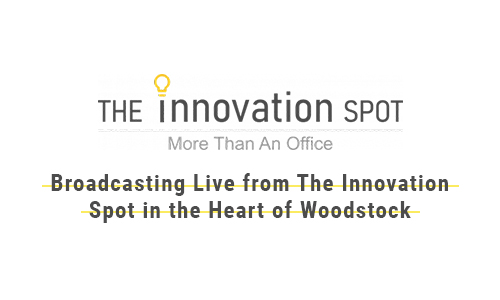
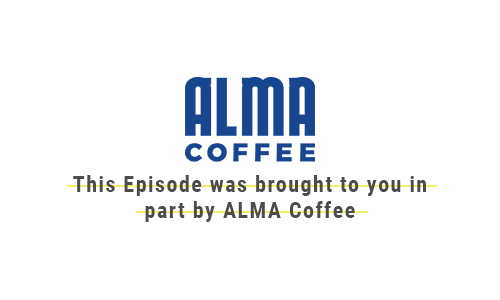
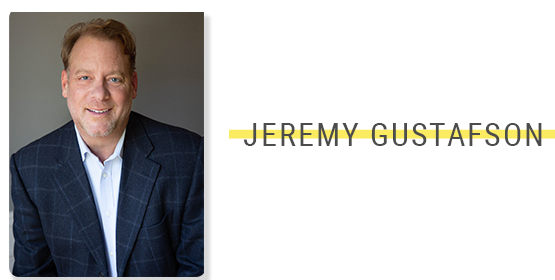
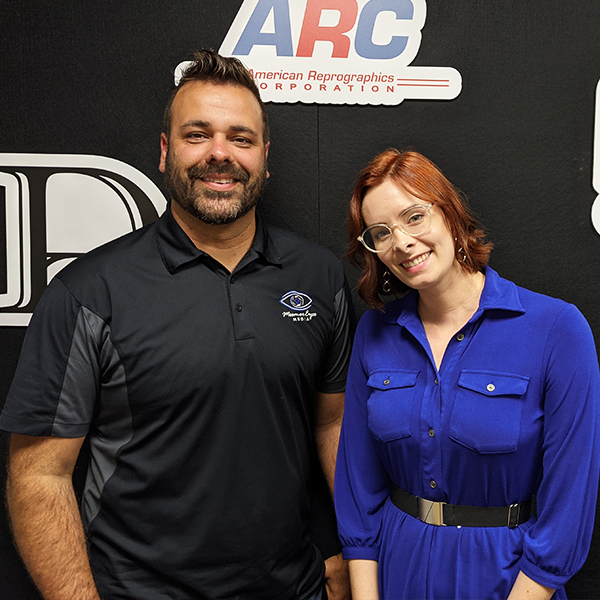
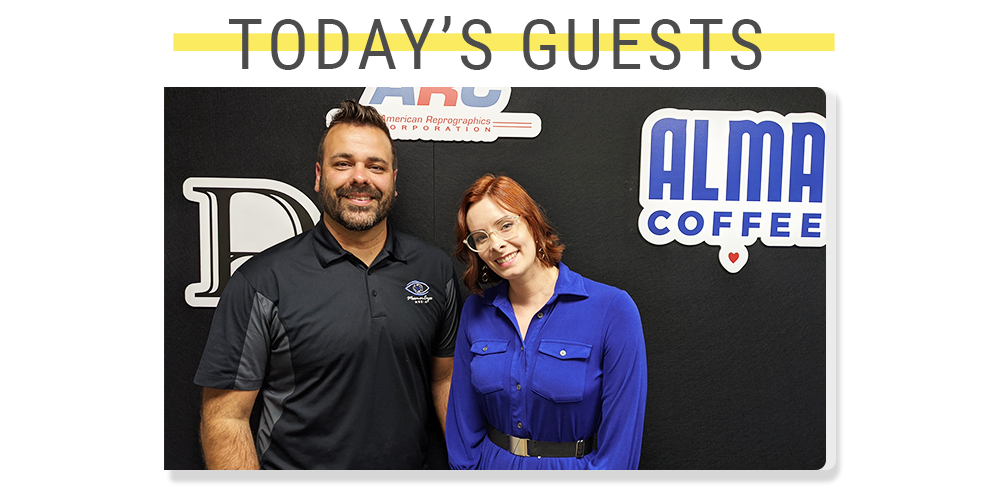
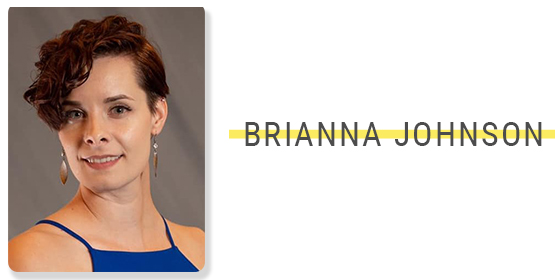

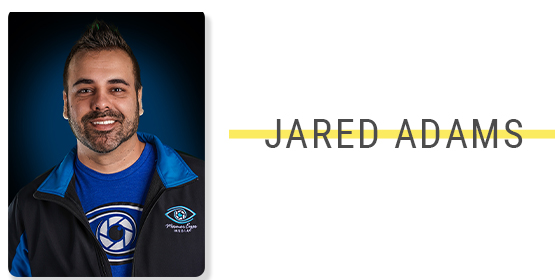 Jared Adams, Owner of
Jared Adams, Owner of 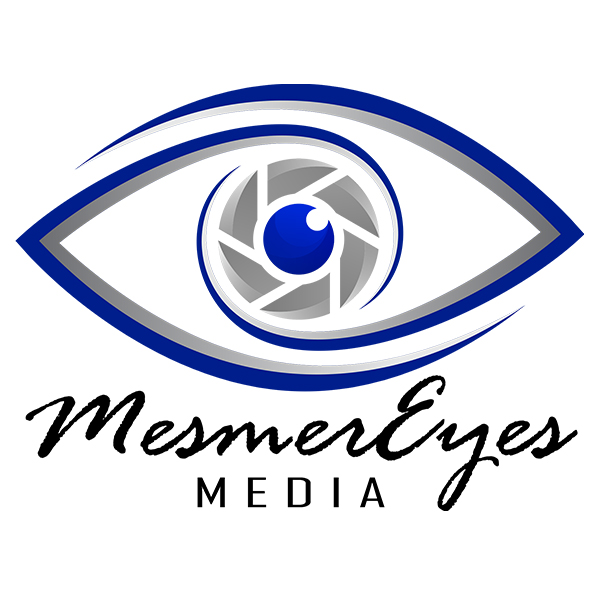
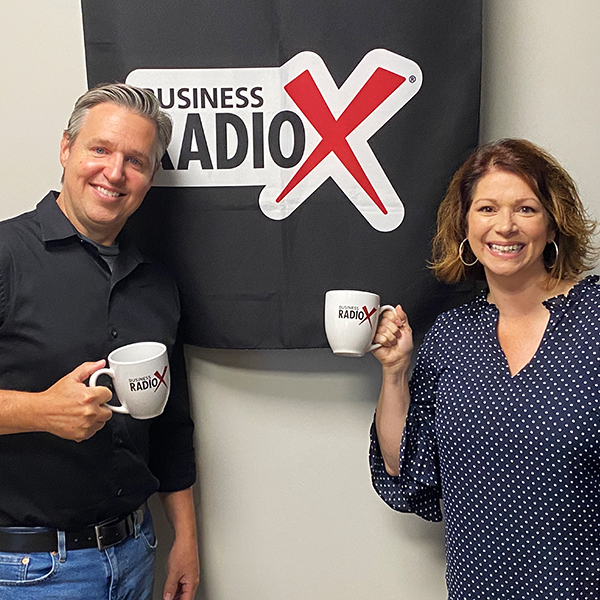
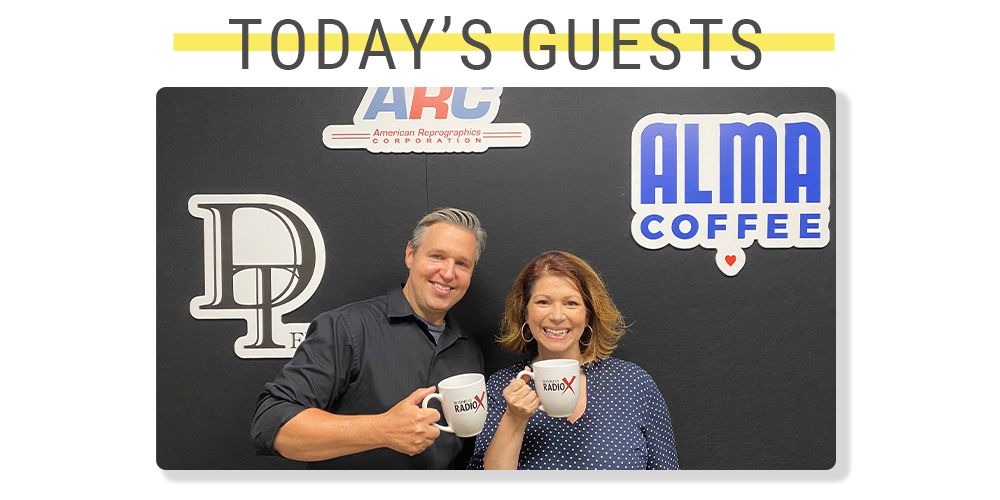
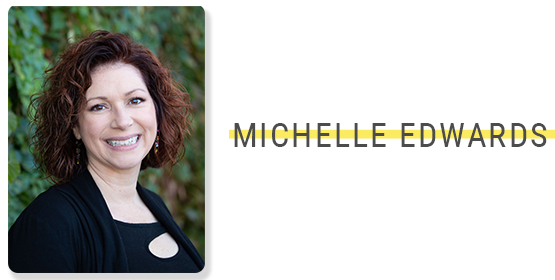 Michelle Edwards, Owner and Founder of
Michelle Edwards, Owner and Founder of 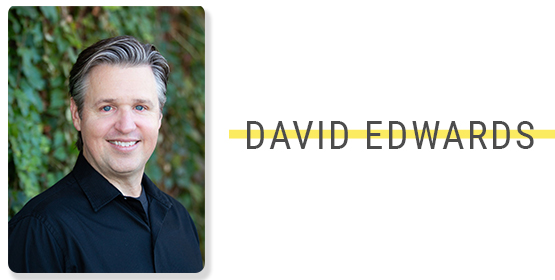 David Edwards, Co-Founder of
David Edwards, Co-Founder of 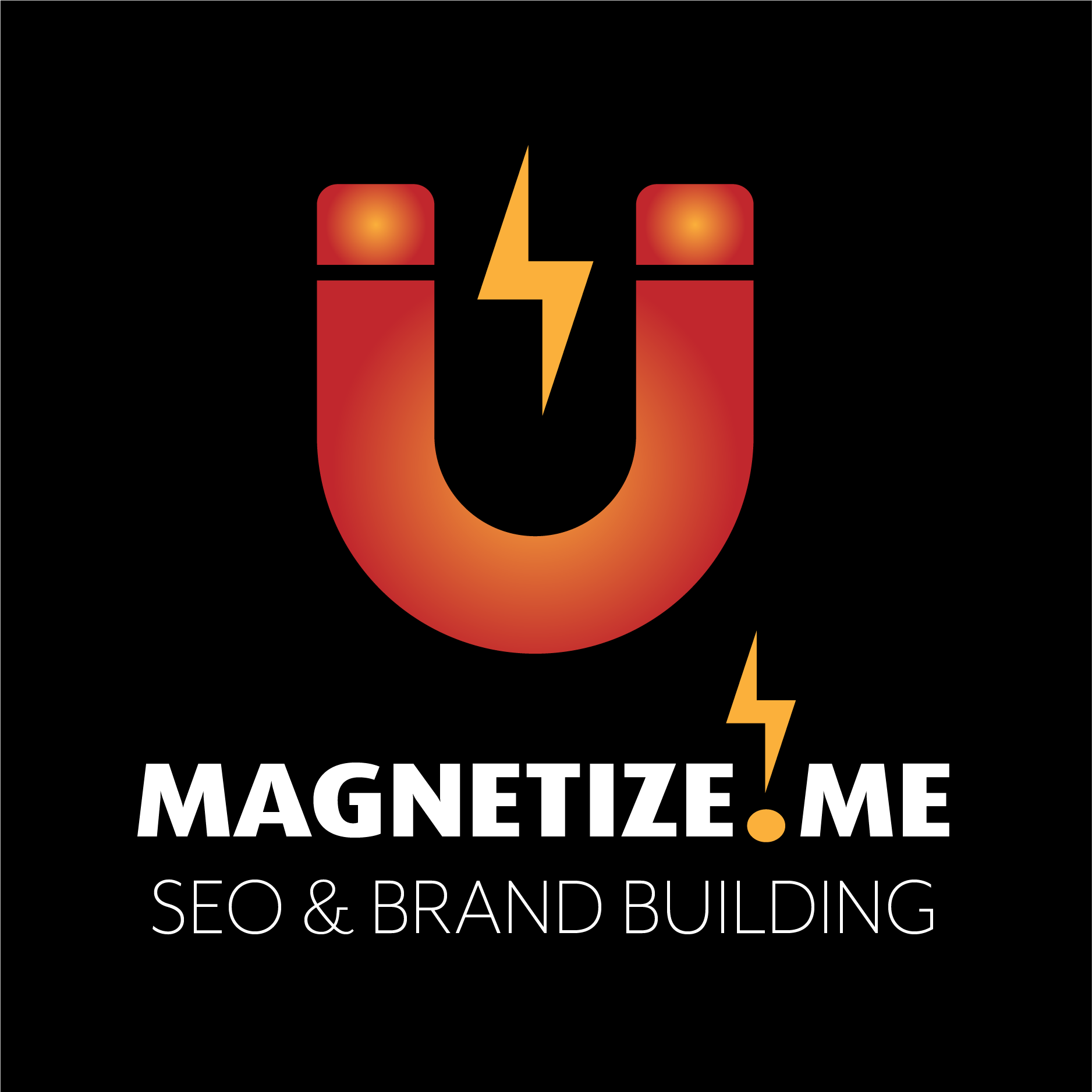
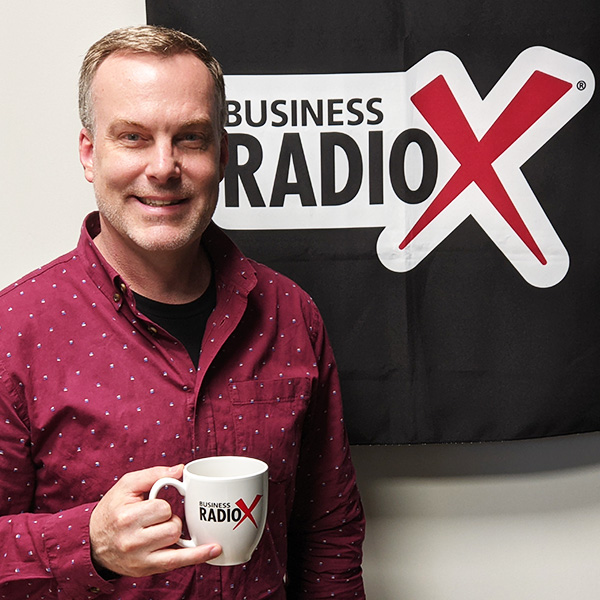

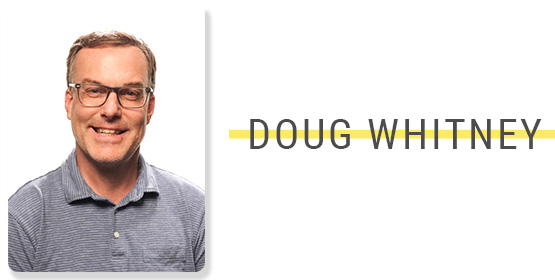

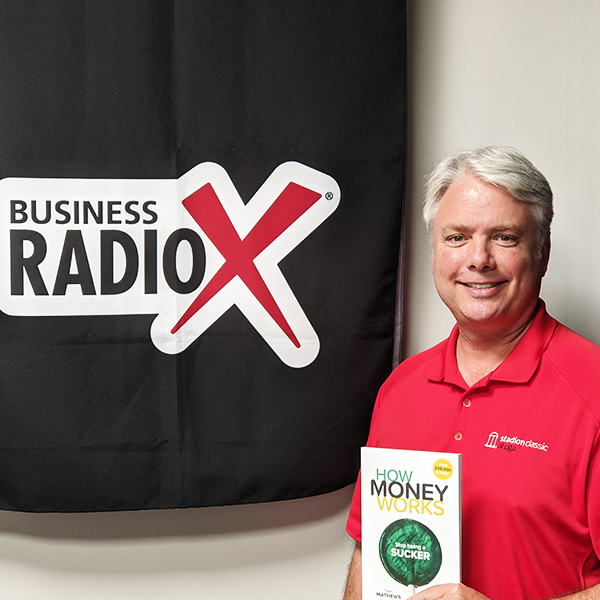
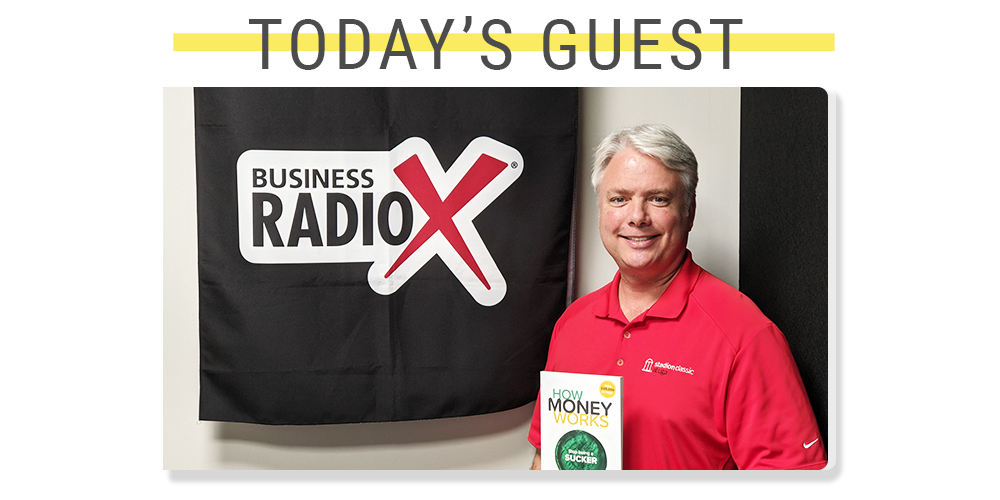
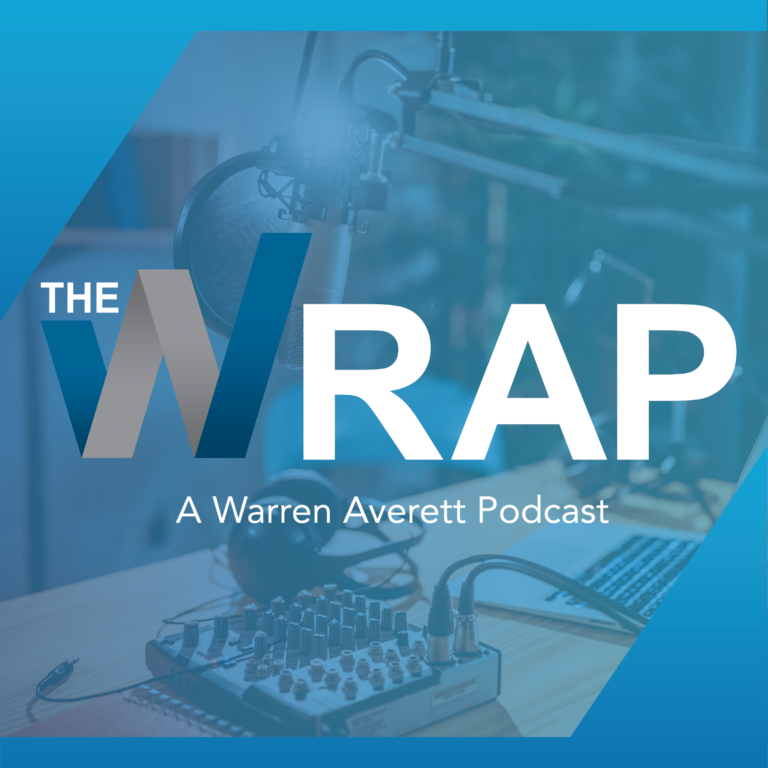
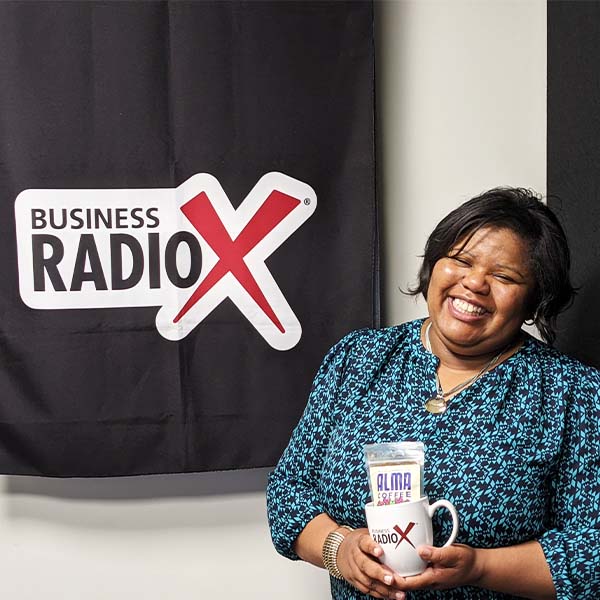
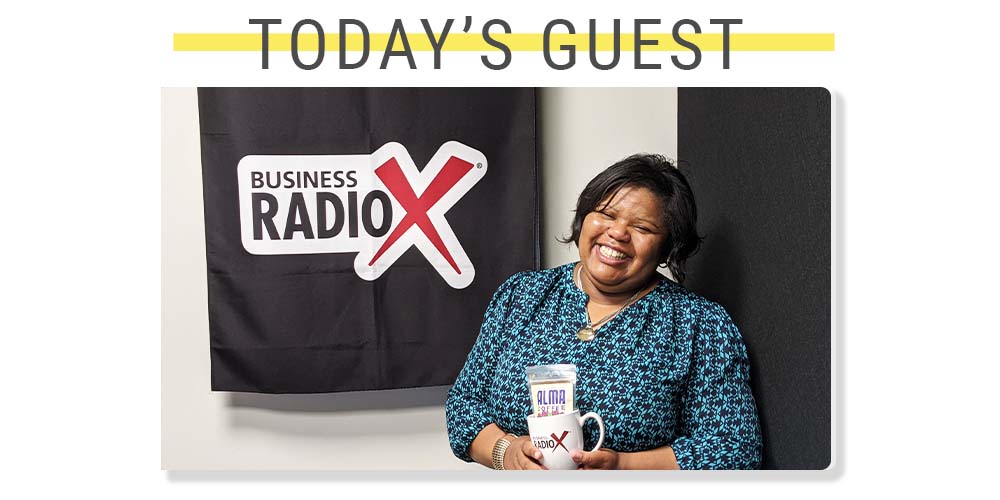
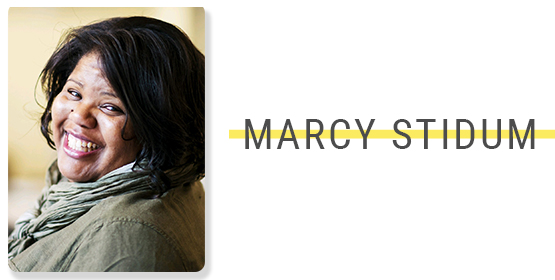 Marcy Stidum,
Marcy Stidum, 
